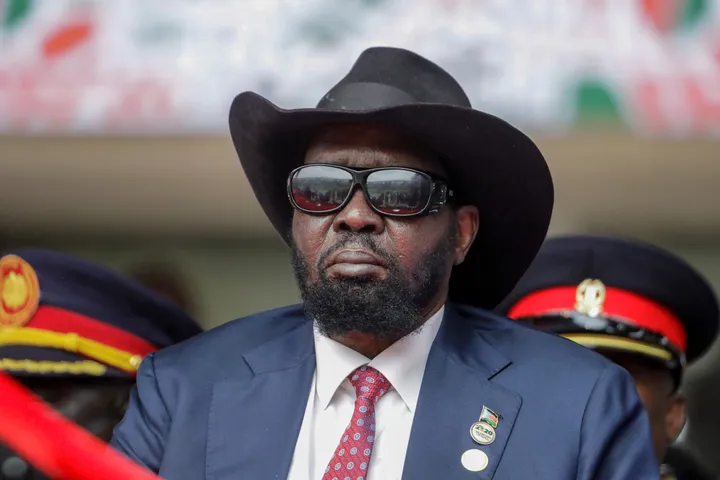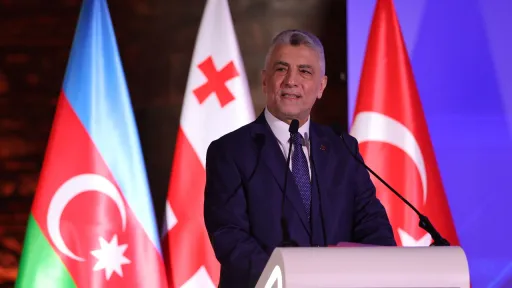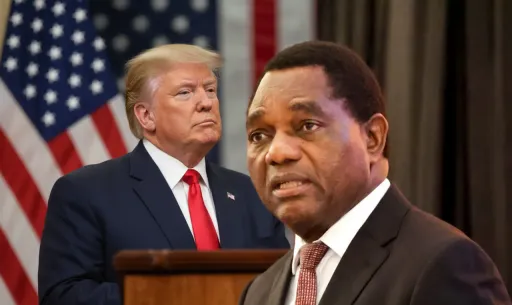Former Congolese rebel leader Roger Lumbala goes on trial in Paris Wednesday over atrocities committed in the Democratic Republic of Congo's bloody eastern conflict more than two decades ago.
Lumbala, 67, is accused of complicity in crimes against humanity for his role during the 1998-2003 Second Congo War, which saw more than a half-dozen African nations drawn into the globe's deadliest conflict since World War II.
He was arrested in France, where he owned a flat, under the principle of universal jurisdiction in December 2020 and has been held in a Paris prison since. If convicted, he faces a maximum sentence of life imprisonment.
Human rights groups have hailed his trial as an opportunity to deter further abuses in the eastern DRC.
Investigating magistrates describe Lumbala as a warlord who let fighters from his Rally of Congolese Democrats and Nationalists (RCD-N) group to pillage, execute, sexually assault and mutilate with impunity.
UN investigators also accuse his paramilitaries of targeting ethnic pygmies.
Ran for president
Lumbala, who later ran for president in 2006 and served as a minister before being sacked for corruption, insists he was merely a politician with no soldiers or volunteers under his control. He is almost certain to contest the competence of the French justice system to try him.
Dozens of victims are expected to testify in the more than a month's worth of hearings before the judge is set to hand down their verdict on December 19. But there are doubts over whether all will be able to make the trip to the French capital.
The charges centre on the actions of Lumbala's RCD-N in 2002 and 2003 in the northeastern Ituri and Haut-Uele provinces bordering Uganda and modern-day South Sudan, primarily against the Nande and Bambuti pygmy ethnic groups.
French authorities believe RCD-N fighters used sexual assault as a "weapon of war", especially towards women from the Nande and Bambuti communities, which the militia suspected of pro-government sympathies.
United Nations investigators believe the RCD-N's offensive was designed to secure access to the region's resources, which include gold, diamonds and the coltan crucial to the making of mobile phones.
The Congolese east's rich mineral veins have lain at the centre of much of the fighting to bedevil the region in the past three decades. The dozens of armed groups fighting there have at times been joined by foreign powers vying for control of mines.























